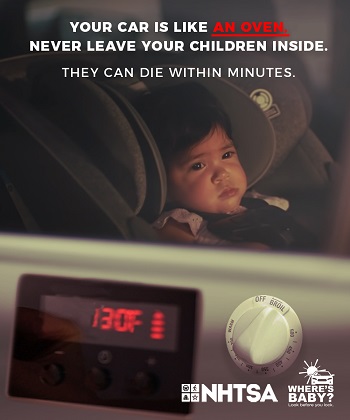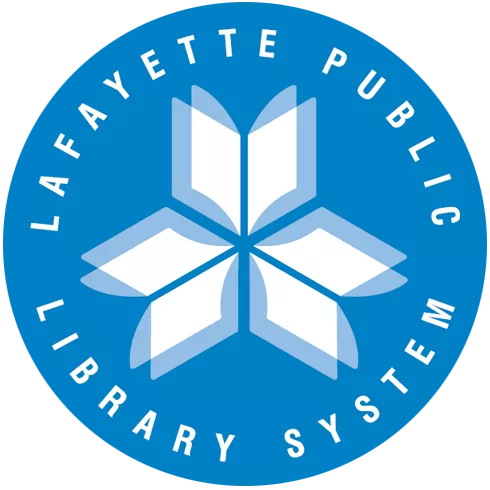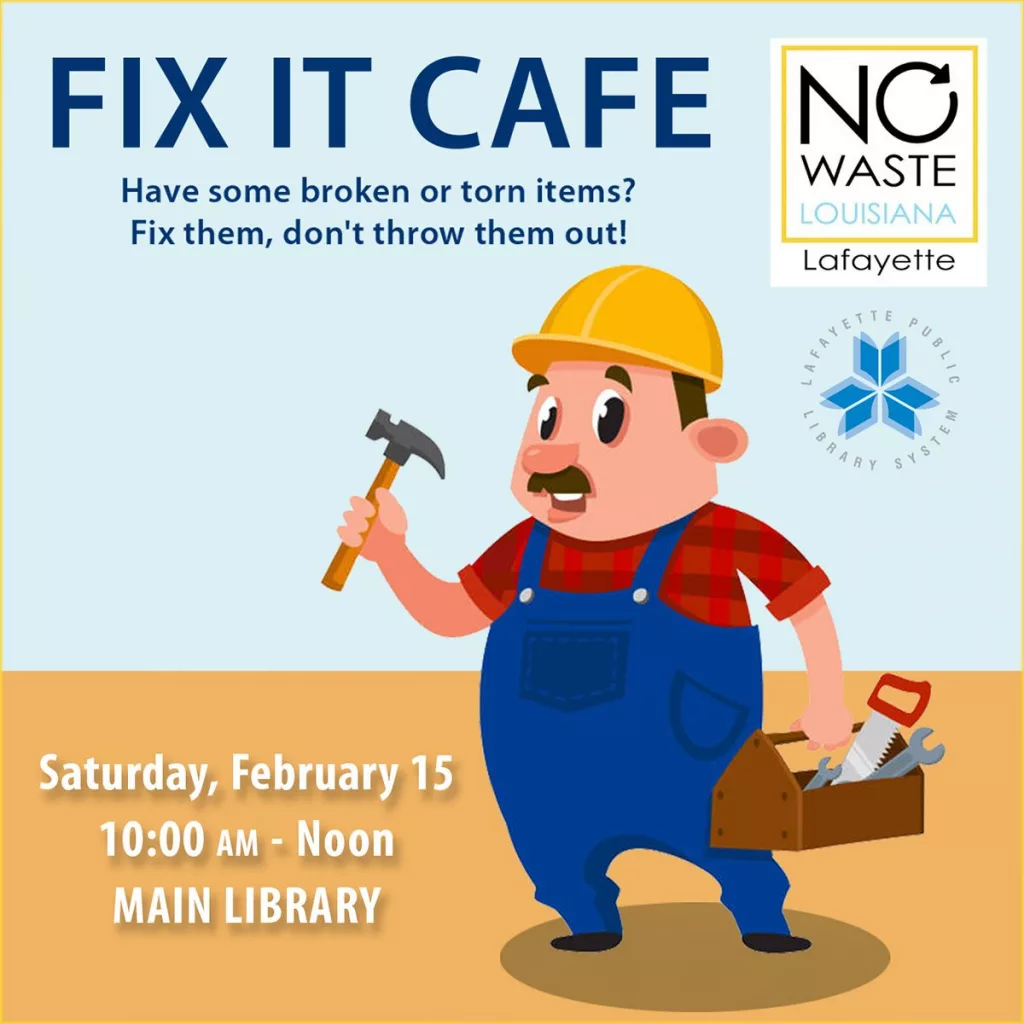Acadiana Regional Transportation Safety Coalition
Urges Parents and Caregivers:
Look Before You Lock

Pediatric vehicular heatstroke is the leading cause of non-crash, vehicle-related death for children in the United States, resulting in 906 fatalities among children 14 and younger from 1998-present. The Acadiana Regional Transportation Safety Coalition (ARTSC) is working closely with the National Highway Traffic Safety Administration (NHTSA) to remind parents and caregivers about the dangers of pediatric vehicular heatstroke, and that it could happen to anyone. Make sure it doesn’t happen to your family: before walking away from your vehicle, Look Before You Lock. Never leave a child unattended in a vehicle, even for a few minutes.
In 2021, there were 23 preventable deaths of children in vehicles. In 2020, there were 25 deaths. These numbers were down considerably from 53 deaths per year in 2018 and 2019. Families staying home during 2020 and 2021 may have contributed to this decline.
“On average last year, two children per month died from heatstroke after climbing into or being left or forgotten in a vehicle. It’s so important to tell children not to play in or around a car. As adults, we’re responsible for keeping vehicles locked and keys out of reach,” said Ron Czajkowski, Safety Coordinator for ARTSC. “Parents and caregivers: never leave children in the car. Whether the car’s running or not—even if the windows are cracked—it’s a dangerous choice that can quickly lead to disaster. No parent or caregiver thinks they could forget their child in the car, but it happens. So instead of thinking it can’t happen to you, Look Before You Lock to make sure it never does.”
The ‘forgotten’ circumstance sadly accounts for about half of all child heatstroke fatalities. In approximately half of these situations, the child was being taken to either childcare or preschool. The children are usually younger than one—possibly asleep or just quiet in the back seat. A change in routine is also a common factor in many of these preventable tragedies. For this reason, make it a habit to Look Before You Lock, every time you leave your vehicle. It takes just a moment to check the back seat—a simple step that will save lives.
Toddlers and mobile young children are also at risk of heatstroke, if they gain access into a parked vehicle. Some children get into an unlocked vehicle without the knowledge of an adult and may be unable to get out of the car, especially if the vehicle’s child locks are activated.
A child’s body temperature can rise up to five times faster than an adult’s, and heatstroke can occur in outside temperatures as low as 57 degrees. On an 80-degree day, a car can reach deadly levels in just 10 minutes.
ARTSC urges all parents and caregivers to do these three things to help prevent child heatstroke:
- Make it a habit to look in the back seat EVERY time you exit the car.
- NEVER leave a child in a vehicle unattended, even for a short time or with the windows cracked.
- ALWAYS lock the car and put the keys out of reach.
If you are a bystander and see a child in a hot vehicle:
- Make sure the child is okay and responsive. If not, call 911 immediately.
- If the child appears to be okay, attempt to locate the parents or have the facility’s security or management page the car owner over the PA system. If there is someone with you, one person should actively search for the parent while the other waits at the car.
- If the child is not responsive or appears to be in distress, attempt to get into the car to assist the child — even if that means breaking a window. Many states have “Good Samaritan” laws that protect people from lawsuits for getting involved to help a person in an emergency.
Know the warning signs of heatstroke, which include red, hot, and moist or dry skin; no sweating; a strong rapid pulse or a slow weak pulse; nausea; confusion; or acting strangely. If a child exhibits any of these signs after being in a hot vehicle, quickly spray the child with cool water or with a garden hose — NEVER put a child in an ice bath. Call 911 or your local emergency number immediately.
“More than half (53%) of all vehicle-related heatstroke deaths in children are caused by a child being accidentally left in the car, and 26% are from a child getting into a hot car unsupervised,” said Czajkowski. “There is a simple way to put an end to these avoidable deaths: please Look Before You Lock.”
For more information on vehicular heatstroke, visit www.nhtsa.gov/campaign/heatstroke.












